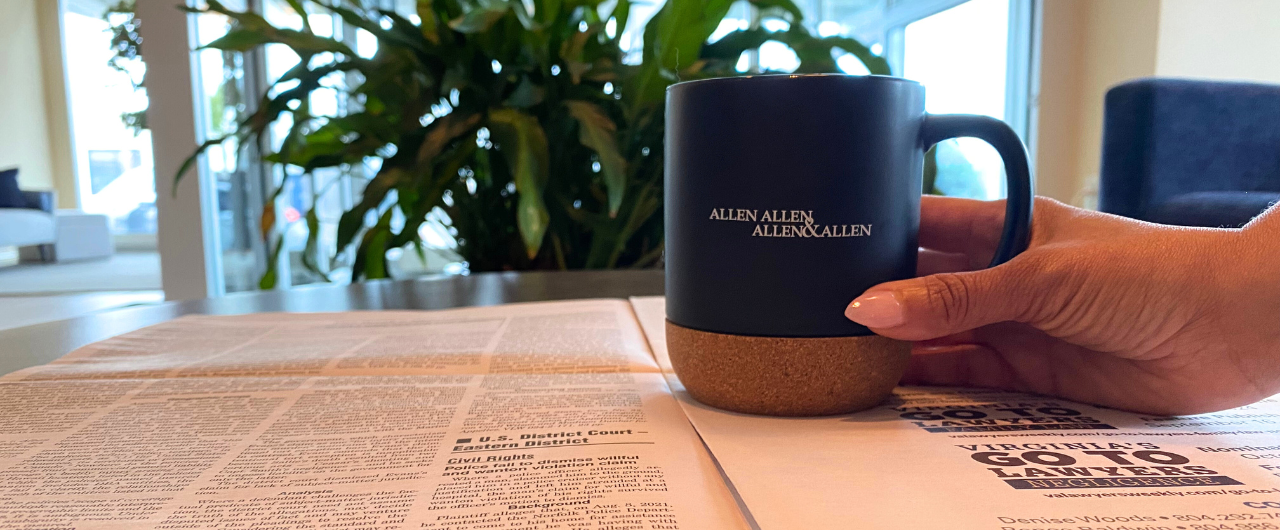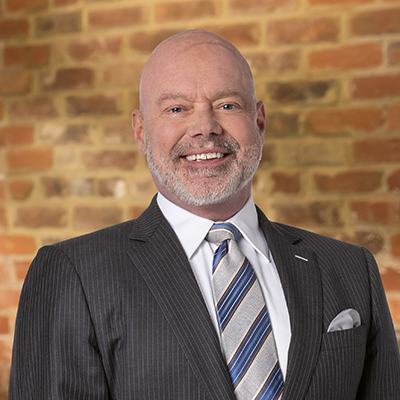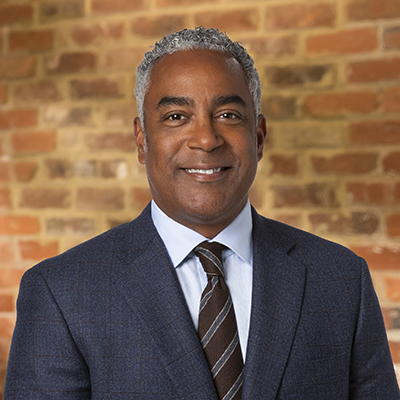January 15, 2007 – $3.5M is awarded for brain damage after gastric bypass Fredericksburg trial featured top experts – By Alan Cooper
Two of the country’s most prominent gastric-bypass surgeons had different theories about what caused the brain damage of a Fredericksburg area woman.
Dr. Philip Schauer, president of the American Society for Bariatric Surgery and director of the Bariatric and Metabolic Institute at the Cleveland Clinic Foundation, testified that a leak from the plaintiff’s bypass caused peritonitis and a septic reaction.
That reaction prevented Tamatha Cooley’s lungs from getting enough oxygen into her blood and into her brain, Schauer testified.
Dr. Walter Pories, a former president of the society and chief investigator for the National Center for the Assessment of Bariatric Surgery at East Carolina University , testified that the injury was the result of pneumonia and lung failure. Those conditions resulted after Cooley vomited while she was being prepared for a second surgery, and she aspirated the material into her lungs, Pories testified.
Pories was a mentor of Schauer and is generally credited with inventing the procedure used on Cooley – one that Schauer has performed more than 4,000 times.
A Fredericksburg Circuit Court jury sided with Schauer in awarding Cooley $3.5 million on Aug. 11 at the end of a week-long trial.
Her attorneys, Malcolm P. McConnell III and Jason W. Konvicka of (Richmond’s Allen and Allen Law Firm), contended that Dr. Bradford L. King was negligent in not responding quickly to symptoms that suggested a life-threatening leak.
The procedure appeared to go well at first, but on the fourth day after the operation, Cooley’s heart rate went up and she had a fever and pain in her abdomen for which she was given the painkiller Demerol.
Her temperature went down on its own, and Cooley was sent home the next day, even though the pain and the elevated heart rate continued.
Cooley, who was 36 at the time, returned to the hospital that same day in intense pain. King performed exploratory surgery and found and repaired what appeared to be the leak. It was prior to that second surgery that Cooley vomited, and the material was aspirated into her lungs.
Cooley’s blood oxygen level plummeted immediately after the surgery, and Dr. John Armitrage, a heart surgeon, was asked to put her on a bypass machine for extracorporeal membraneous oxygenation (ECMO), a procedure used more frequently for children.
Cooley was stabilized and transferred to the University of Virginia Health System , where she was placed initially in an induced coma. She remained at the hospital until July 7.
Konvicka said Cooley lost much of her short-term memory, fine motor skills and judgment as a result of the incident. She has trouble controlling her temper and suffers from depression and social anxiety.
She cannot cook safely and uses a timer and other memory aids to remind her to return to a task that she has started, Konvicka said.
Dr. Jeffrey S. Kreutzer, a neuropsychologist, testified that Cooley will never be able to hold a job or safely perform activities of daily living.
Her husband, an airline mechanic, testified that it is as if he has lost the woman he loved and has another child in the house, Konvicka recalled.
Before the surgery, Konvicka said, Cooley was happy and energetic, even though she was double her ideal weight of about 140 pounds. She worked as an office manager for a home inspection company before the surgery and had planned to go to work afterward for her best friend from church running the office of a group home for people with mental disabilities.
She and her husband have four children, ages 21, 19, 17 and 13, and she was home schooling the younger children at the time of the surgery.
Cooley has incurred about $260,000 in medical bills, and experts testified that the present value of her lifetime care is between $1.4 and $1.8 million.
McConnell said King and his insurer, NCRIC Inc., made no offers to settle the case.
Other experts who testified for Cooley included another surgeon who routinely performs bariatric surgery, Dr. Julie Kim from the Tufts-New England Medical Center in Boston , and Dr. Gerald R. Donowitz, an infectious disease specialist from the University of Virginia Health System .
Donowitz testified that peritonitis and sepsis precipitated a buildup of fluid in the lungs that caused adult respiratory distress syndrome (ARDS), McConnell said.
Pories, on the other hand, testified that Cooley’s heart rate was not so elevated as to suggest that the initial surgery had gone wrong. He also testified that the capacity of Cooley’s lungs to accept oxygen during the next surgery, but not afterward, was more consistent with aspirational pneumonia than sepsis and ARDS.



